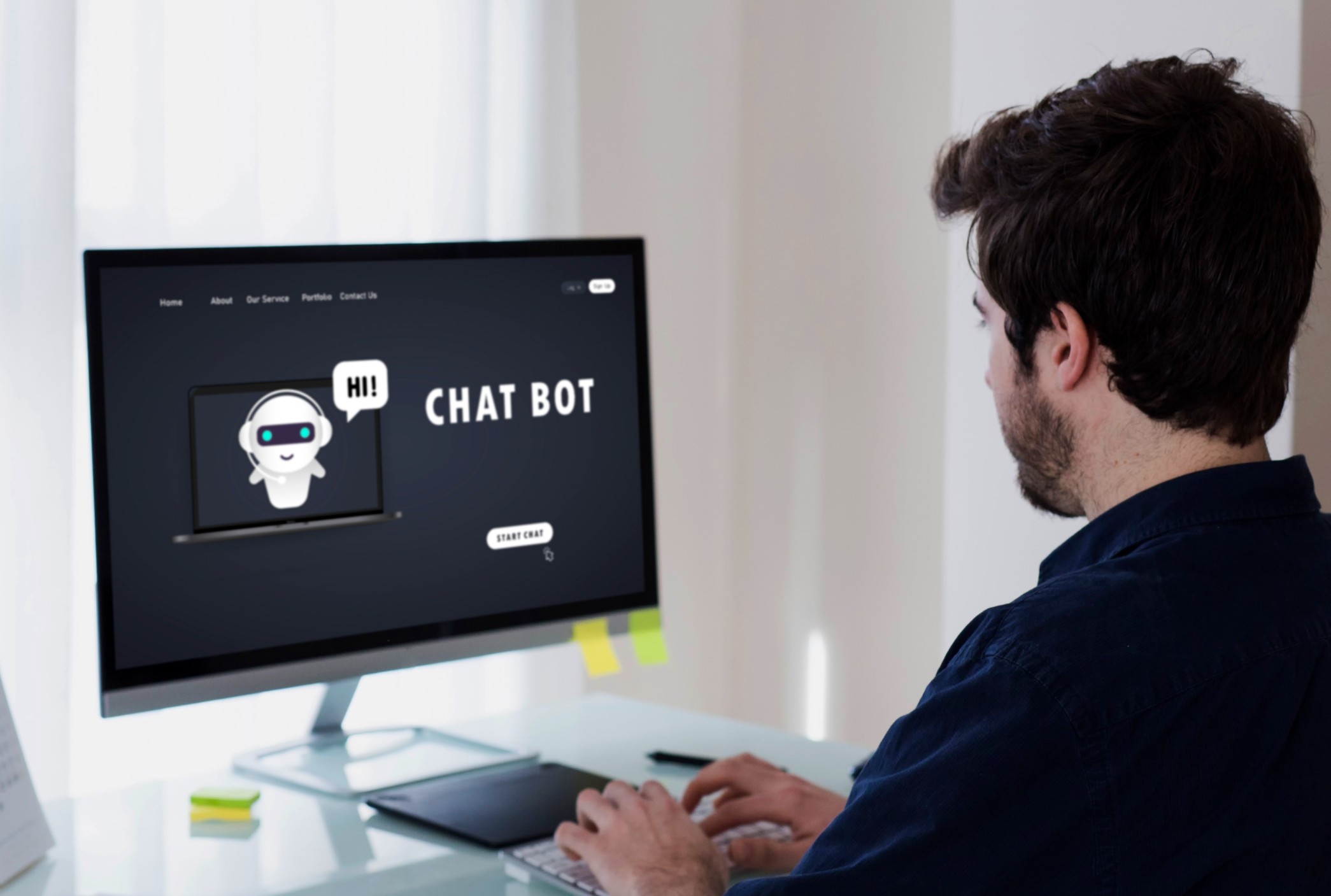By 2025, AI and Gen AI are set to revolutionize the IT industry by bringing automation, efficiency improvements, and changes in job roles. AI tools are helping software development move at light speed thanks to speeding up coding, debugging, and testing, so that developers can focus on high-end problem-solving and innovation.
Cybersecurity gains because AI systems identify threats by analyzing huge amounts of data to predict and prevent real-time cyberattacks. Moreover, AI is reinventing customer service, IT operations, and cloud computing by optimizing workflow and performance. With such rapid adoption, challenges surface: ethical issues regarding pervasive AI, privacy risks related to data, and job loss due to digitalization. Therefore, to keep pace with the competitive landscape, IT professionals must be versed in machine learning, AI, and data science. AI and Gen AI are reshaping the domain of IT, compelling organizations to further scale up their operations efficiently and at some time requiring responsible governance of AI.
AI and Gen AI Technologies Reshape the IT Sector
AI and Gen AI innovations are transforming the IT industry, revolutionizing industries, optimizing business processes, and reengineering duties. While repeating their efficient work with an increasing market share of AI-enabled solutions, firms face more severe challenges to counter any automation.
AI and Gen AI: The New Backbone of the IT Sector
AI, alongside other technological advances, has been a driving force; however, Gen AI-a a more advanced subset of AI capable of generating human-like text and images and even extending this versatility even further. Already in 2025, IT firms are employing AI-powered tools for software development automation, cybersecurity, and customer service.
Among the companies cemented in the field of tech, Google, Microsoft, and OpenAI have also embedded Gen AI into cloud computing, data analytics, and workflow automation to help businesses make their operations more efficient. AI-based coding assistants, such as GitHub Copilot and Google’s Gemini, have improved the speed of software development by controlling the amount of human intervention in coding and increasing the accuracy and efficiency of coding.
Impact on Software Development
Among the most prominent of such revolutions is a shift in software development. AI-based code generation tools are making it less time-consuming and labor-intensive to write and debug programs. They are less focused on coding and debugging and more on solving the problems of design.
Furthermore, with the infusion of AI into low-code and no-code platforms, they help non-tech-savvy users write code without being highly trained in programming. This democratization of software development widens the creators’ base so that innovation can find its way into mixed industries.
Cybersecurity and AI-Powered Threat Detection
With the ongoing rise of cyber threats, AI and Gen AI have been recognized as cornerstones of the cybersecurity domain. AI-based security systems are now detecting and stopping live cyberattacks by sifting through large volumes of data to anticipate potential future vulnerabilities before they can be exploited.
Nonetheless, cybercriminals have learned to co-opt AI to formulate measures for more transparent attacks on systems, driving increased adoption of AI-powered threat intelligence systems. Organizations are heavily investing in AI-enhanced cybersecurity architectures for the protection of sensitive data and their networks.
Workforce Transformation and Job Market Trends
While the gains in productivity from AI are great and dynamic, technology is changing jobs in the IT sector. Automation of repetitive and routine jobs is shifting demand from workers in IT. All professionals must update their knowledge in AI, machine learning, and data science to stay relevant in a changing market.
Many organizations are now introducing training programs to allow employees to achieve the skills necessary for the new roles. Business perspectives for the governance of AI and ethics thereof are slowly building momentum as companies try to ensure responsible deployment of AI.
Challenges and Ethical Considerations
The wide propagation of AI comes with some challenges, some of which include: ethically sensitive issues; data privacy issues; and even the displacement of jobs. Nevertheless, countries and regulatory bodies are stepping up their efforts in formulating AI governance policies to ensure transparency, fairness, and accountability in AI-based solutions.
The Future of AI in IT
With the advancement of AI and Gen AI, there is now widely discussed a more pervasive impact on the IT sector. Future collaboration will create a newer form of human-AI interface, allowing for a division of labor where mundane tasks are taken care of by the AI, thus leaving the human brain to operate on creativity in decision-making.
The most immediate impact of those who will take the lead in AI-based reform will be positively discursive, while those who do not profess an AI base will have a harder time keeping up. The year 2025 will be the turning point in the bigger AI revolution that will define the entire IT landscape.
Conclusion
By the year 2025, AI and Gen AI technologies together are ready to disrupt the IT space to drive automation and productivity and change the definition of labor. Businesses are using AI in software development, cybersecurity, and workflow optimization while dealing with voice concerns like data privacy, ethical issues, and workforce reskilling. As AI develops into a new age of IT one with smarter and more efficient solutions, organizations that can adapt their work to AI will be competitive.


